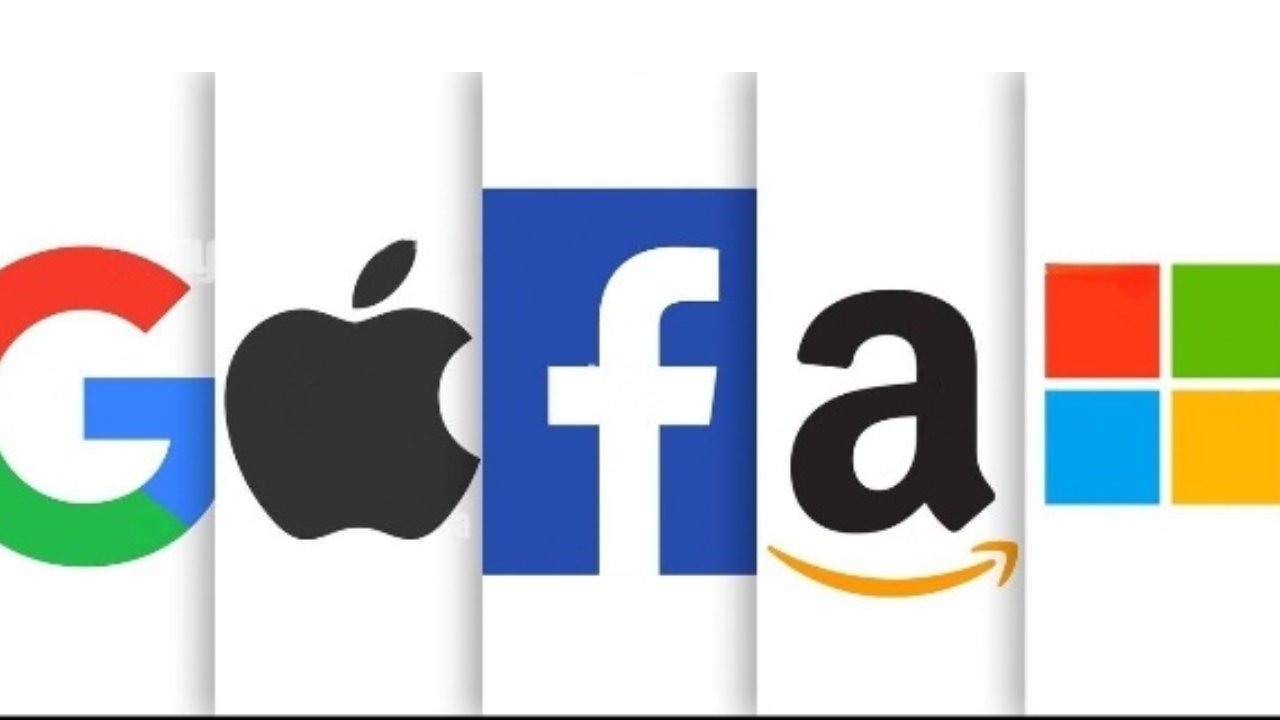For years, tech giants like Google, Facebook (now Meta), and Amazon were synonymous with a particular kind of workplace culture: fast-paced, demanding, and brutally honest. The mantra was often “radical candor,” a philosophy that encouraged direct, unfiltered feedback. But as these companies have grown and matured, so too have the expectations of their employees and the broader public. The cracks in this high-pressure culture are beginning to show, forcing a reevaluation of what it means to work at a tech behemoth.
The Rise and Fall of Radical Candor
The idea of radical candor was appealing. It promised a workplace free of pretense, where everyone could speak their mind without fear of reprisal. But in practice, it often devolved into a culture of constant criticism and public humiliation. Employees reported feeling stressed, burned out, and undervalued. The emphasis on speed and efficiency over well-being created a toxic environment for many.
Moreover, radical candor often masked deeper issues, such as lack of psychological safety, poor management, and inadequate support systems. It became a scapegoat for systemic problems rather than a solution.
A Shift Towards Empathy and Well-being
In response to employee feedback and public pressure, Big Tech companies are beginning to prioritize empathy, well-being, and work-life balance. This shift is evident in several ways:
- Focus on mental health: Companies are offering more mental health resources, including counseling, meditation apps, and flexible work arrangements.
- Emphasis on work-life balance: There’s a growing recognition that employees need time to recharge and be productive. This has led to initiatives like unlimited vacation policies and parental leave.
- Diversity and inclusion: Companies are investing in creating more inclusive workplaces where everyone feels valued and respected.
- Leadership development: There’s a greater emphasis on training managers to be empathetic and supportive leaders.
Challenges and Opportunities
While the shift towards a more humane workplace is positive, it also presents challenges. Balancing the need for speed and innovation with employee well-being is a delicate task. Additionally, there’s a risk of creating a culture that is too soft or lacks accountability.
However, this shift also presents opportunities for companies to build stronger, more resilient organizations. By prioritizing employee well-being, companies can attract and retain top talent, improve productivity, and foster a culture of innovation.
The Road Ahead
The future of work at Big Tech is still evolving. As the industry matures, it’s likely that we will see a continued emphasis on work-life balance, mental health, and diversity. However, it’s also important to maintain a culture of high performance and innovation.
The key to success lies in finding the right balance. Companies that can create a workplace where employees feel supported, challenged, and empowered will be the ones that thrive in the long run.
It’s clear that the era of radical candor is over. The next chapter in the story of Big Tech culture is still being written, but one thing is certain: the focus is shifting from ruthless competition to human-centered leadership.







